The Relapse And Recovery Process
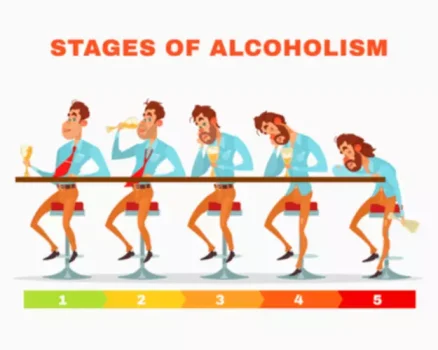
Rehab is just the first step in making long-term changes to your lifestyle. Because many people choose to go to rehab in response to a crisis, it’s easy to approach this process with a sense of urgency. However, when you’re so focused on the short term, it can be difficult to imagine a better future. People tend to catastrophize, picturing themselves going through crisis after crisis, and this emotional spiral can lead to poor decision-making.
Stages of Relapse
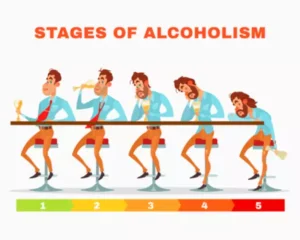
Here you Halfway house can meet peers who understand what you’re going through and can offer practical advice and valuable insight. I touched on this earlier with the happy hour example. If bars or boozy hangouts are triggers for you when you’ve had a stressful day, then don’t go anymore when you feel stressed or worn out. Adjustments include recognizing and avoiding triggers.

Now Offering Primary Medical Care!
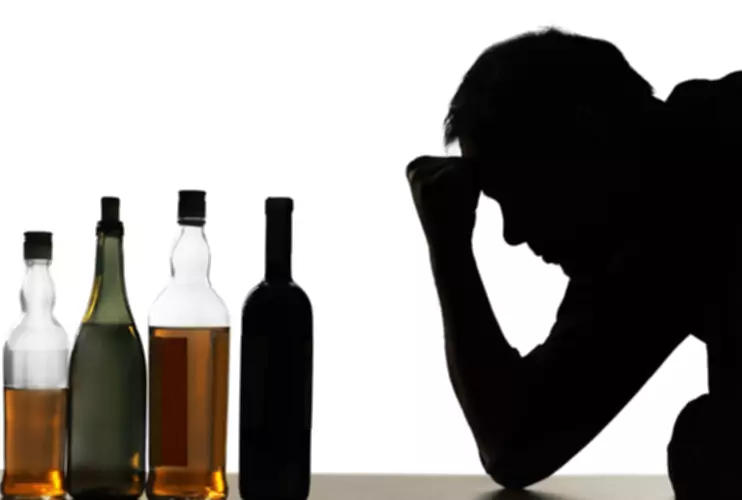
It’s also helpful to discuss these triggers with a therapist or support group to gain further insights and coping mechanisms. It is crucial to reach out to professionals who can offer guidance and support. Clinicians, therapists, or counselors understand the complexities of addiction and relapse, and they can help navigate through this challenging time. They can also adjust your treatment plan if necessary. Similarly, support groups provide a sense of community and understanding from others who have experienced similar struggles.
The Relapse And Recovery Process
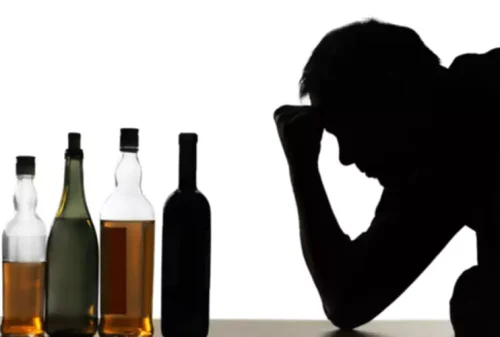
These relapse risk factors are often called “triggers” because they cause intense feelings that evoke cravings. Sabino Recovery offers a comprehensive approach to overcoming addiction and preventing relapse through innovative therapies tailored to address the mind, body, and spirit. Neurofeedback therapy helps clients retrain their brain activity, promoting emotional regulation and reducing stress, which are key factors in maintaining sobriety. Accelerated Resolution Therapy (ART) allows individuals to process traumatic memories quickly and effectively, reducing the emotional triggers that can lead to substance use.
- If you or someone you know experiences a relapse, there are things that you can do to cope and get help.
- People must also recognize that it’s okay to feel occasional cravings.
- You and your family members can work on relapse prevention during your treatment by focusing on your discharge planning while you are in a treatment center.
- The main efficacy outcome measures were objective response rate and duration of response, as assessed by a blinded independent central review based on International Myeloma Working Group criteria.
Addicts and alcoholics who relapse may be unaware of what’s going on within that pushes them to choose a return to alcohol and drugs, but they’re still in control of their decision-making abilities. Which is why it’s all the more imperative that they use those abilities to make choices that can deter the potential for relapse. For those seeking addiction treatment for themselves or a loved one, all phone calls are confidential and are available for 24/7 help. All calls will be answered by Still Behavioral Health Group, a paid advertiser.
Depending on the duration and severity of a person’s addiction, https://ecosoberhouse.com/ it can take months or years of abstinence for the brain to recover from substance abuse. During that time, triggers and cravings can cause relapse. The sooner you take steps to intervene following a relapse, the easier it is to get back on track. However, it is never too late to recover from a relapse, so don’t be discouraged if you think you’ve gone too far back into your addiction.
If your relapse occurred as a result of people or places that you’ve kept in your world but shouldn’t have, then it’s time to let them go. I don’t mean that to be insensitive because there are some things in life that are incredibly hard to face sober. To the greatest extent possible, drink a ton of water, find a way to distract yourself until you feel like the storm has passed, and then recognize it’s time to reach out for help. The more can you can prevent yourself from identifying with the shame parade stomping through your brain, the better equipped you will i relapsed be to handle it in a constructive, healthy way. According to David Nutt, professor of neuropsychology at London’s Imperial College, alcohol stimulates GABA in the brain which releases that chill, the feel-good vibe we all enjoy from a good buzz. He explains that the first two drinks are pure GABA bliss, but once you get to rounds 3, 4, 5, etc., your brain starts blocking glutamate.
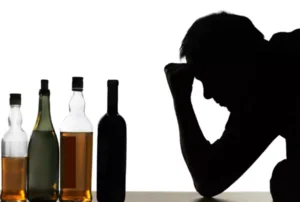
Treatment and Relapse Prevention Plans
- If a relapse occurs, it’s important to accept what has happened and not give up on recovery.
- You don’t respond in a timely manner to your mom when she reaches out, and you’ve set your phone to Do Not Disturb so that Anthony from boot camp can’t reach you when it’s time for class.
- Some of us have even spoken it ourselves, but what does it mean?
- Research shows that the longer you stay sober, the more likely you are to continue to stay sober.
You might consider addiction treatment as a way of learning relapse prevention. After all, you are trying to learn healthy ways of living without alcohol or drug use during treatment. It would be best if you thought about relapse prevention, even when things are going well. Continue to take care of your mental health, attend support groups, and look out for other addictive behaviors.
